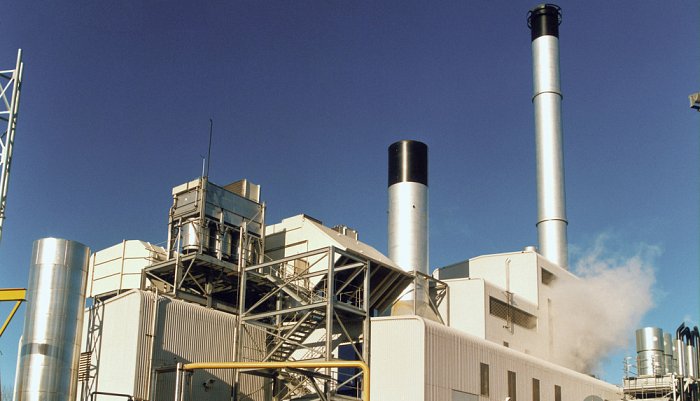31 January 2018
Environmental leadership in the UK beet sugar industry
Objective
In a world of increasingly constrained resources, AB Sugar is determined to do more with less. In doing so, its businesses responsibly consume, reuse and recycle natural resources where possible while creating new co-products or alternative uses of waste from the sugar beet and cane production process.
Commenting on the work to drive forward efficient co-products, Dr Mark Carr, Group Chief Executive of AB Sugar said: “Sugar is at the heart of what we do, but the sugar making process provides us with opportunities to do so much more, generating value for our company, our customers and the communities in which we operate.”
What we did
Over the last decade, British Sugar has been creating value up and down its supply chain, wasting as little as possible at its four advanced manufacturing plants in the UK. It has a rigorous set of targets relating to energy, waste, water and carbon dioxide which in turn help to achieve positive environmental results as well as new revenue streams for the business.
It has found new uses and markets for its co-products that come out of the sugar making process. These include electricity, renewable fuels, animal feeds and fertilisers, to name but a few.
All of British Sugar’s factories are able to generate their own heat and power through combined heat and power (CHP) plants, as well as producing renewable energy through Anaerobic Digestion (AD) systems at its Bury St Edmunds factory. Its bioethanol plant, the first in the UK, has the capacity to produce up to 70 million litres of bioethanol for UK and European markets.
Along with investment in new technology and practices to improve resource efficiency across its four plants, British Sugar also placed a particular focus on recovering water from sugar beet production. More than 70% of sugar beet is water and on average, this means the company receives over five million tonnes of water in the eight million tonnes of sugar beet it buys annually.
Responsible use of resources is central to British Sugar’s environmental priorities, an initiative which has been recognised by Business in the Community (BITC). The company was awarded Highly Commended in the BITC Award for Environmental Leadership in 2017, with the judges praising its innovative projects with waste.
Results
Due to continued investment in its sites across the UK, a focus on minimising process inputs and reducing waste and the variety of co-product production, British Sugar has reduced energy consumption per tonne of sugar produced by 25% since 1990.
Becoming resource efficient and having an independent co-product portfolio mitigates the impact of global commodity prices and currency fluctuations from imported materials on the business. It now also generates 21% of its revenue from non-core product sales.
Additional environmental benefits include:
- Less than 200grams of waste for each tonne of sugar produced
- Achieving an 18% reduction in fresh water use over the past four years
- Investing £15million in anaerobic digestion to generate 88,000 MWh of renewable energy
- Decarbonising electricity supply in communities through export of power from the highly efficient Combined Heat and Power (CHP) Plants, generating 640,000 MWh to power 120,000 homes
Best practice and lessons learned are shared across British Sugar’s four factories in the UK and wider AB Sugar businesses across the world.
















